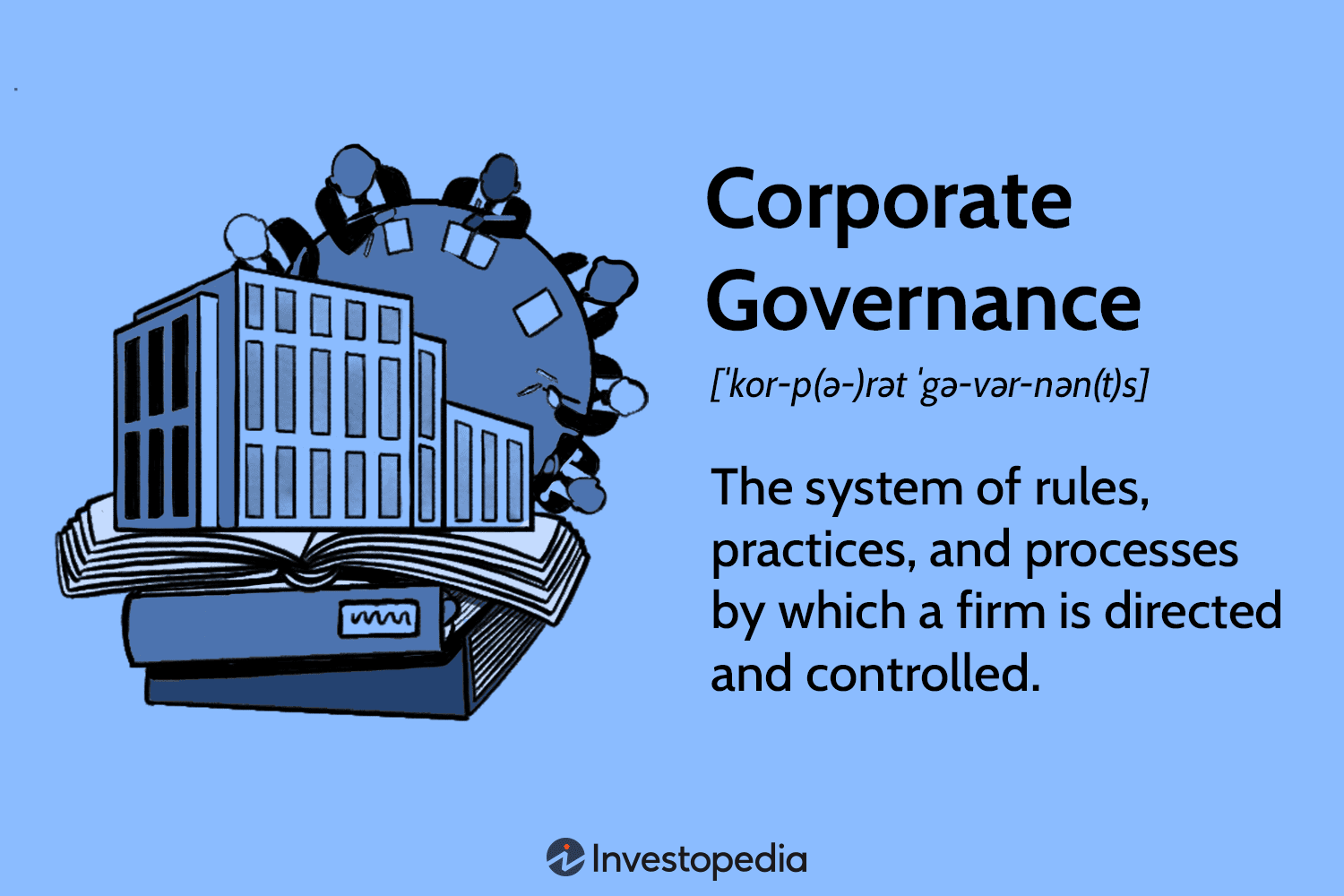Corporate governance is the backbone of any successful business. It involves a set of rules, practices, and processes that dictate how a company is directed and controlled. Proper governance ensures accountability, fairness, and transparency in a company’s relationship with its stakeholders. In this article, we’ll dive deep into the critical aspects of corporate governance, address common legal issues, and provide actionable insights to help your business thrive.
Understanding Corporate Governance
Corporate governance encompasses various elements that work together to ensure a company operates smoothly and ethically. Key components include:
- Board of Directors: The board is responsible for overseeing the company’s management and ensuring that it acts in the best interest of shareholders.
- Executive Compensation: This involves structuring pay packages for top executives to align their interests with those of the company.
- Shareholder Rights: Protecting the rights of shareholders, including their ability to vote on important matters.
- Transparency and Disclosure: Ensuring that the company provides accurate and timely information to stakeholders.
Frequently Asked Questions About Corporate Governance Legal Issues
What Are the Key Principles of Corporate Governance?
- Transparency: Companies must be open about their activities and provide stakeholders with clear, accurate information.
- Accountability: Executives and board members must be accountable for their decisions and actions.
- Fairness: All stakeholders, including shareholders, employees, and the community, should be treated fairly.
- Responsibility: Companies should act responsibly and ethically towards their stakeholders and the environment.
Why Is Corporate Governance Important?
Effective corporate governance is crucial because it:
- Builds Trust: Good governance practices build trust with investors, customers, and other stakeholders.
- Ensures Compliance: Adhering to governance standards helps companies comply with laws and regulations, reducing the risk of legal issues.
- Enhances Reputation: Strong governance enhances a company’s reputation, attracting more investors and customers.
- Mitigates Risks: Effective governance identifies and mitigates risks, protecting the company from potential crises.
What Are Common Legal Issues in Corporate Governance?
Several legal issues can arise in corporate governance:
- Board Composition: Ensuring that the board is diverse and independent to make unbiased decisions.
- Executive Compensation: Establishing fair and transparent compensation packages to avoid conflicts of interest.
- Shareholder Rights: Protecting shareholders’ rights, including their ability to vote on important matters.
- Disclosure Requirements: Complying with regulations that mandate the disclosure of financial and operational information.
- Conflicts of Interest: Identifying and managing situations where personal interests conflict with the company’s interests.
How Can Companies Improve Their Corporate Governance Practices?
To enhance corporate governance, companies can:
- Implement Strong Policies: Develop and enforce policies that promote transparency, accountability, and fairness.
- Regular Training: Provide training for board members and executives on governance best practices.
- Conduct Audits: Regularly audit governance practices to identify and address weaknesses.
- Engage Stakeholders: Involve shareholders, employees, and other stakeholders in governance discussions and decisions.
- Monitor Regulations: Stay updated on changes in laws and regulations to ensure ongoing compliance.
In-Depth Insights on Corporate Governance Legal Issues
The Role of the Board of Directors
The board of directors plays a crucial role in corporate governance. Their responsibilities include:
- Strategic Oversight: Setting the strategic direction of the company and ensuring it aligns with the mission and goals.
- Executive Selection and Evaluation: Choosing the CEO and other top executives and regularly assessing their performance.
- Risk Management: Identifying and mitigating risks that could impact the company’s operations and reputation.
Executive Compensation
Executive compensation is a significant aspect of corporate governance. It involves determining how much executives are paid and the form this compensation takes. Key considerations include:
- Performance Alignment: Compensation should be tied to the company’s performance to incentivize executives to achieve long-term goals.
- Transparency: Companies must disclose executive compensation packages to ensure transparency and build trust with shareholders.
- Regulatory Compliance: Adhering to regulations that govern executive compensation to avoid legal issues and conflicts of interest.
Shareholder Rights and Engagement
Protecting and respecting shareholder rights is fundamental to corporate governance. This includes:
- Voting Rights: Allowing shareholders to vote on key issues, such as the election of board members and significant corporate actions.
- Communication: Providing clear and timely communication to shareholders about the company’s performance and governance practices.
- Engagement: Actively engaging with shareholders to understand their concerns and incorporate their feedback into governance practices.
Conclusion
Navigating the complexities of corporate governance legal issues is essential for the sustainable success of any company. By understanding the core principles, common legal issues, and best practices, companies can build a robust governance framework that promotes transparency, accountability, and long-term value creation. Effective corporate governance not only ensures regulatory compliance but also enhances investor confidence and protects the company’s reputation.
By addressing these aspects, this guide aims to provide a valuable resource for understanding corporate governance legal issues, offering insights and practical advice to help companies navigate this critical area effectively.
Internal Linking Opportunities
- Link to articles on executive compensation best practices.
- Link to guides on risk management strategies.
- Link to resources on shareholder rights and engagement.
